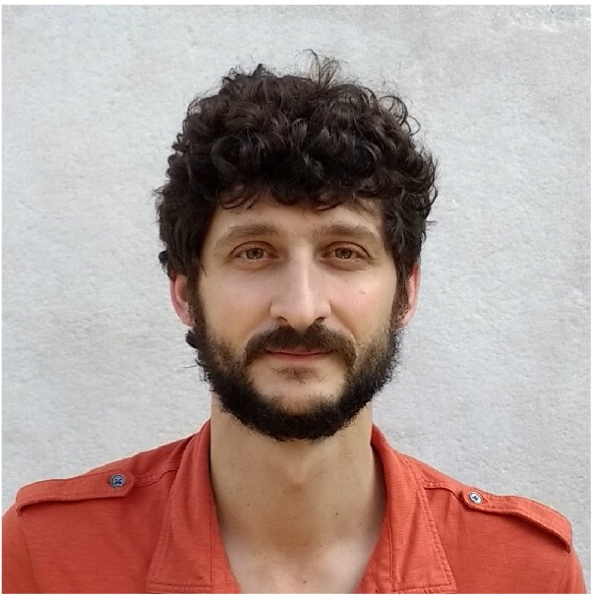Science and Mathematics
Evolving memory across scales: from populations to ecosystems
April 15, 2021 at 3:30pm – 5:00pm EDT
Virtual (See event details)
This event has already occurred. The information may no longer be valid.

The Department of Physics in the College of Arts and Sciences welcomes Antun Skanata to present a physics virtual colloquia. Dr. Skanata received his PhD in Theoretical Physics from Brown University, where under the guidance of David Lowe he studied the physics of black holes in connection to quantum theories of gravity. In 2014 he joined the laboratory of Edo Kussell at New York University, where he developed theories of bacterial responses and memory. Recently, Antun joined the lab of John Dennehy at Queens College CUNY, establishing a collaboration to experimentally test his theories of evolution in bacteria and bacteriophages. His career path allows him to look at complex biological phenomena from an angle that is unique to his skill set, which lies at the interface of physics, mathematics, biology and ecology.
Abstract:
Bacteria use a range of mechanisms to survive in stressful conditions. However, these mechanisms are typically costly and bacteria need to optimize their use to attain the long-term advantage. In this talk I will discuss two different ways in which memory emerges in bacterial systems as a way to regulate their responses and achieve robust growth in fluctuating environments. Borrowing from classical physical systems, I will describe a phase diagram of bacterial responses to fluctuating environments, in which memory levels are optimized to the statistics of the fluctuations, and in which response mechanisms can undergo different types of phase transitions. Then I will discuss the implications of a different kind of memory in the interactions between bacteria and their pathogen, bacteriophage. By developing a game-theoretic framework I will show how ecological-level interactions can shape the evolutionary forces that act on molecular mechanisms and provide implications for ecosystem diversity, stability and co-evolution.
Join the physics department colloquia mailing list by emailing phyadmin@syr.edu
This event was published on April 12, 2021.
Event Details
- Category
- Science and Mathematics
- Region
- Virtual
- Open to
- Alumni,
- Current Students,
- Faculty
- Organizer
- CAS-Department of Physics
- Contact
- Yudaisy Salomon Sargenton
phyadmin@syr.edu
3158137191
- Accessibility
- Contact Yudaisy Salomon Sargenton to request accommodations
